|
Haunting, dread-inducing cinema; The pain of the material world is palatable, continuous with the metaphysical in a way that is transcendent. A staggering work of art, there is nothing else to say.
0 Comments
The lasting reverberations of war on the collective psyche is encapsulated with striking precision in Eloy Enciso's Endless Night. Featuring an aesthetic in which darkness and light are presented in stark contrast, Endless Night overlays it's visual assembly with personal soliloquies which complement and strengthen this haunting and elegiac reflection on the Spanish Civil War. The personal informs the collective consciousness of a nation, pain and violence create long-lasting fissures in society; Endless Night offers up a striking vision of pain and remembrance through a poetic formalism and structuralism.
Breathing vitality into the caring, yet overbearing parental figure motif, Ulrich Kohler's A Voluntary Year is so precise in it's visual assembly, a film which never feels restricting nor unnecessarily suffocating despite the film's economical cinematic language. An examination of agency and the hazy binary between parental guidance and authoritative control, A Voluntary Year manages to deliver a kinetic pacing, one devoid and unrestricted by unnecessary plotting or didactic commentary. Ambiguity is slowly stripped away, revelations permeate in a completely organic ways, the multitudes of both the characterizations and story itself operating in unison, with Kohler's signature precise visual schematic offering another memorable examination of the familiar which is understated in its truth seeking.
A rich, layered ethnography in which fantasy and fiction converge and coalesce, Minh Quy Truong's The Tree House employs a tautology which is meditative, expansive, and constantly self-reflecting, the fantastical serving as a symbolic device for the films astute ruminations on indigenous lives, collective identity, and diaspora. Time and space themselves are fabrications in this film's complex cinematic language, an assembly of sound and image which observes but also predicates parallels between the metaphysical and material nature of the human experience. Self critical and expansive in it's documentation of these indigenous souls, the film's observational and assertive lens operate in a place of recognition, placating the intrinsic exploitation which is apart of the observational documentary format - the claim of taking one out of anonymity and presenting them to the world. An experience from a region which is severely lacking contemporary cinematic voices.
A rich tapestry of plotting which manages to be cohesive yet remarkably never slight in its characterizations, Kôji Fukada's A Missing Girl is a utterly devastating work which follows the slow descent of a kind-hearted woman whose life begins to crumble around her due to no direct fault of her own. Complex storytelling which never cowers to exposition, A Missing Girl is a layered examination of a familiar narrative archetype- the embattled heroine whose unjustly fallen victim to the mob. Eschewing notions of indignation, Fukada's film is a story of resignation, one in which the weight of the world, its version of the truth, suppresses and nearly destroys this character completely, leaving her eventually to a place of acceptance and even peace. A character piece with an alarming amount of narrative stratas, none-of-which feel half-baked or unnecessary, Fukada's precise, largely ascetic style of direction is tactical in its ability to invoke this presupposition of dread which is slowly surrounding this well-intentioned lead character, imbued with a foreboding sense of mystery through its formalist styling. The opaque nature of "truth" in the modern world where the great labyrinths of information have distorted or clouded the truth more than brought any sense of clarity. Connectivity providing an ample device for preconceived notions and self-referential experiences to subvert objective observation even more. These thematic ideas are a part of Kôji Fukada's A Missing Girl as well, with the filmmaker once again crafting a peculiar yet incisive work centered around a familiar narrative archetype which exudes, in its own unique sense, Japanese sensibilities related to shindoism.
Featuring outré formalist and structural sensibilities, Yi Ok-seop's Maggie is an intriguing work which starts strong yet ultimately becomes a bit too unwieldy, falling victim to its own madcap rhythm in which a collage of ideas lead to a lack of precision. Featuring a cinematic language which seemingly sits at the fulcrum between unfocused and tactically subversive, Maggie uses a familiar stylistic conceits to tell its story of alienation and mistrust in the modern world, encapsulating a unique milieu which only partially works due in large part to the film's lack of detail when it comes to its characterizations. The film's madcap rhythm and formalist designs obfuscate the norms of everyday life, exhibiting a postmodernism type exploration of modernity recognizing that trust, deceit, and any type of attribute related to human relationships is subjective due to the intrinsic nature of perspective within the human experience. The film's episodic like structure borders on meandering and yet there are some interesting aspects throughout, with Yi Ok-seop announcing herself as a unique voice, albeit one who has a long way to go at perfecting her craft when it comes to thematic ideals related to societal and personal exploration. While the characters are thin and the plotting itself is only marginally interesting, which leads the film to lack emotional resonance, Maggie remains a worthy experience due to the film's unapologetic creative zeal.
Siddharth Anand's War is a turbo-charged cinematic experience, one which feels deeply indebted to John Woo’s cinematic oeuvre, providing Hong Kong inspired action extravagance in which space and movement are optimized into a ballet of carnage. Featuring a flair for the dramatic which has become a staple of mainstream Indian cinema, War traverses and amplifies the tropes of the espionage thriller, delivering a global-spanning, over-plotted narrative in which the various twists and turns border on absurdity yet fulfill the film's escapist intentions. Valorization of machismo-soaked escapism and nationalism abounds, but so does the film's implicit homoeroticism, as Anand's War provides a highly-entertaining cross-section of cinematic influences and sensibilities, one which is a big-dumb-entertaining brand of nationalist escapism which was one of the more enjoyable exploits into blockbuster cinema of 2019.
Employing an abrasive soundtrack, the storytelling and formalist designs feel secondary in Trey Edward Shult's Waves, with the film feeling more like an album featuring visual schematics than any sort of cohesive piece of filmmaking. Woefully over-directed and bordering on overwrought from the very beginning, Waves is a film in which the characters feel like nothing but props for narrative intentions, empty vessels which emote aggressively but lack any semblance of emotional intimacy or complexity, particularly in the film's first half. After a major moment in the narrative, which occurs about halfway through the film, Waves does adjust and even finds its rhythm in certain ways, with the emotional beats, the intimacy of the characters struggles feeling far more fluid, dynamic, and genuine, not feeling scripted with the intent of performative or provocative dramatics like the film's first half. The film's back-half simply feels more observational and intelligent, exploring the vicissitudes of grief and the complexities of human emotion in a way that manages to be far more effective, despite the director's over-direction and uninspired panache. Overall, the film is a formalist mess, one which tries to be everything while being nothing - a music album set to visual rhythms which at times offer moments of poignancy and humanistic truths, moments that are sporadic and almost feel almost there in spite of the film's over-stylized formalist designs.
A stunningly display of noir-infused aesthetics, The Wild Goose Lake invokes a sense of tension, intrigue, and danger which is relentless. The narrative offers up a host of twists and turns, traversing the structural components of the noir with efficiency and unhinged resolve, one in which the outcome itself feels hopelessly inevitable. On the surface, The Wild Goose Lake is a straight-forward neon-soaked noir with a biting cynicism and yet the film's ability to capture the milieu of this spatial and temporal environment provides a lot of interesting thematic undercurrents. The dog-eat-dog nature of criminality juxtaposed with that of the totalitarian surveillance state exhibits the fine-line between law & order, while the emotional arch of the story speaks to the macro vs. micro aspects of progress. Violence permeates with these characters, who are unquestionably the least complex aspect of film, yet they remain worthy vessels for the film's various themes which are expressed vividly through a stylized formalism and narrative structure that doesn't let up.
Italian neorealism with French New Wave flourishes encapsulate the formalist designs of 'The Cow', a bleak portrait of the harsh socio-economic repression felt by those living in the rural community of Iran. Shrouded in Persian mysticism, The Cow is a statement of the degradation ultimately felt by those living in rural communities, exhibiting the countless anxieties and vulnerabilities which poverty places on those left behind by a self-congratulatory regime thats push towards modernity is deeply rooted in propaganda. Allegorical in its design, 'The Cow' features a simple narrative with grandiose aspirations, thematically revealing the razor-thin margins which exist between despair and salvation for those on the fringes. Through its simple tale of a rural man and his prized cow, Dariush Mehrjui's artistic vision provides a salient and prescient story in which mysticism and documentary-like realism speak truth to power in pre-revolutionary Iran in which the clash between modernity and tradition was orchestrated with sweeping force.
|
AuthorLove of all things cinema brought me here. Archives
June 2023
|
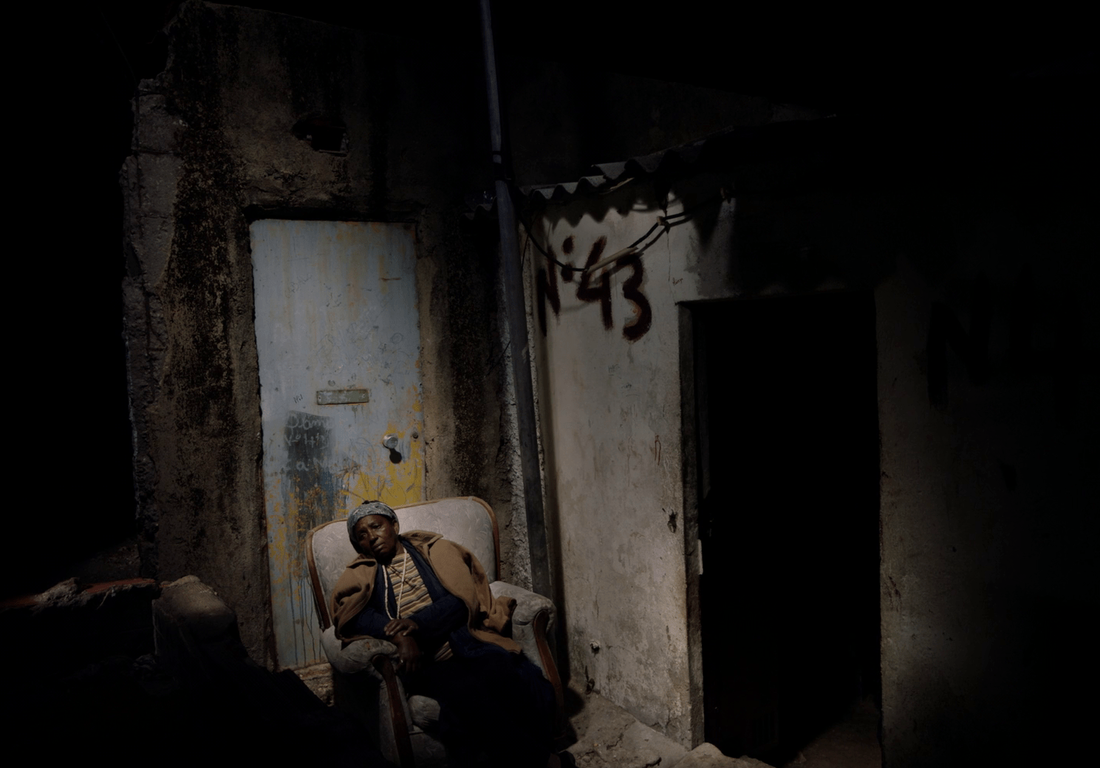
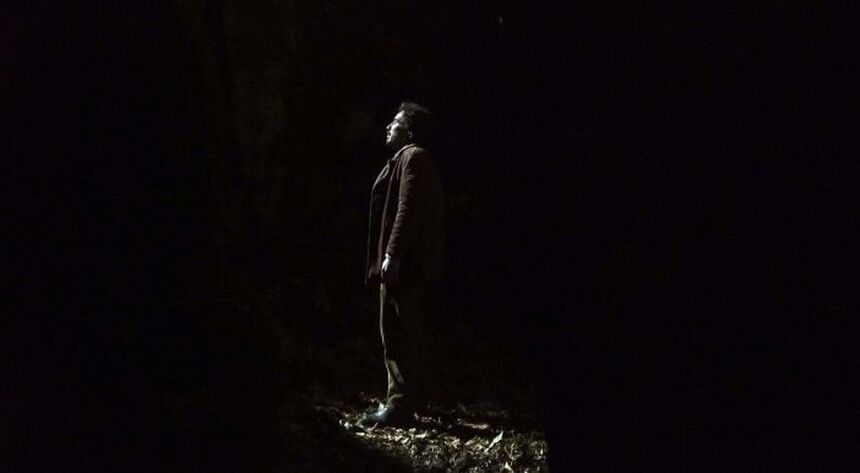
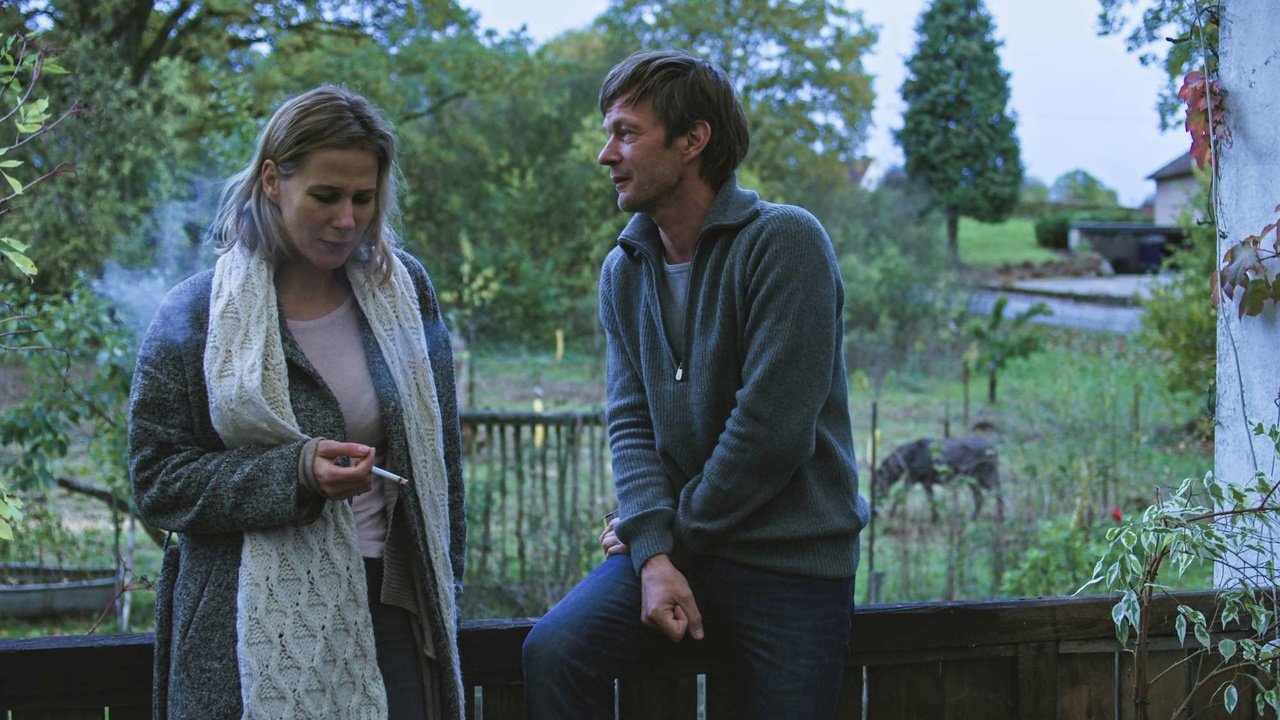
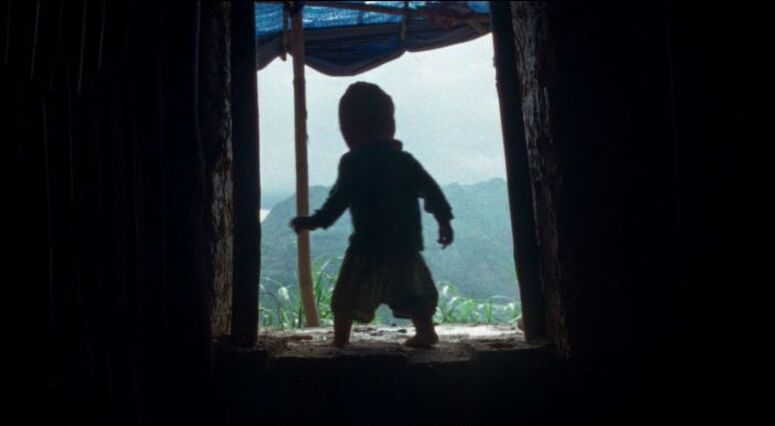


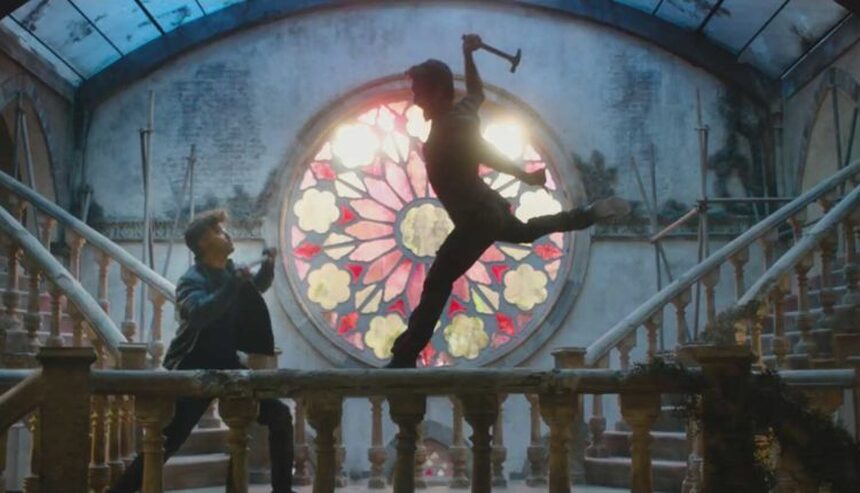


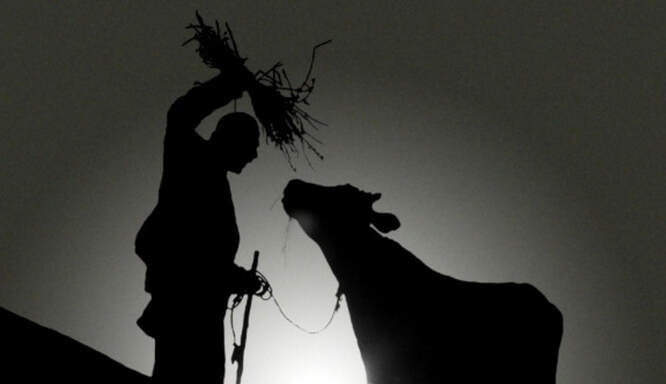
 RSS Feed
RSS Feed
